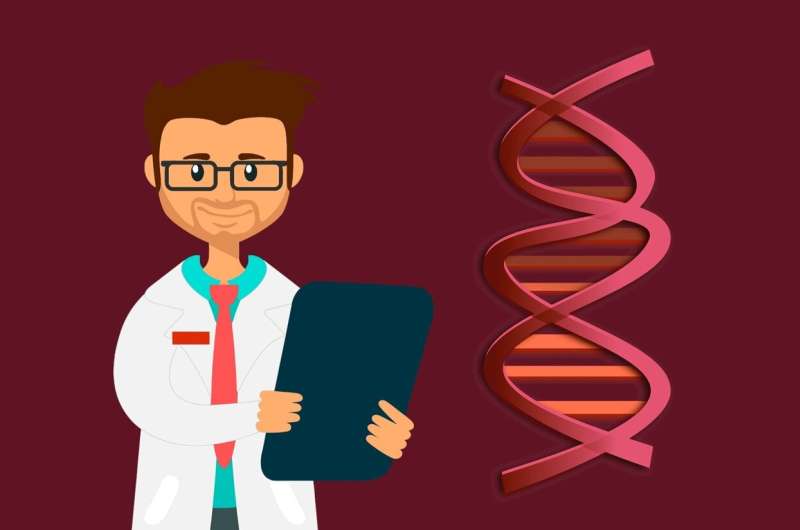Disrupting and restoring expression of ASD-associated gene in mice alters sociability

A team of researchers affiliated with multiple institutions in Boston has found that disrupting and restoring the expression of a gene associated with autism spectrum disorder (ASD) in mice can alter their degree of sociability. In their paper published in the journal Nature Neuroscience, the group describes experiments they conducted with sociability in mice and why they believe their findings could have an impact on the treatment of sociability issues in autistic people.
One of the common traits seen in people with ASD is difficulty in distinguishing between self and others—a trait that interferes with social skills. Prior research has suggested that some autism-linked genes are behind such traits, which further suggests the potential for therapies to help such patients with socialization. In this new effort, the researchers looked at a gene called SHANK3, one of the genes involved in social disruption in some autistic people. To learn more about its impact, the researchers genetically engineered test mice to activate the gene using the drug tamoxifen.
The researchers first placed sensors on both engineered and non-engineered mice to monitor neuronal activity, then placed pairs of them in cages under different conditions to test their sociability in different ways. One method, for example, involved allowing just one of the pair to gain access to food.
Source: Read Full Article


